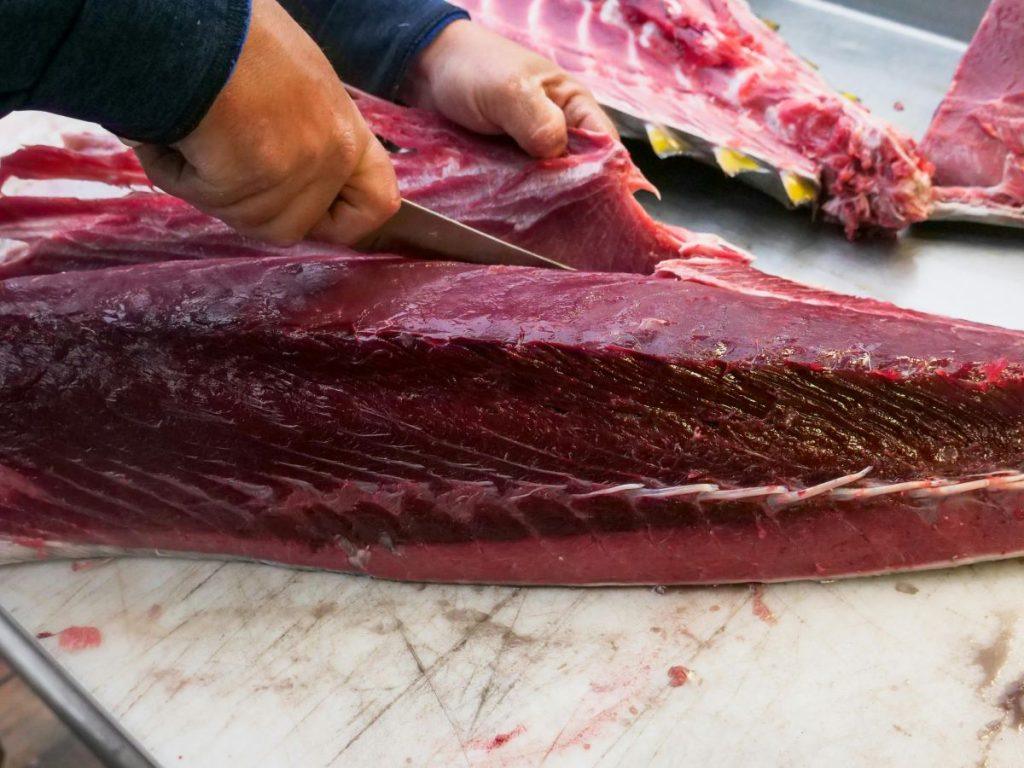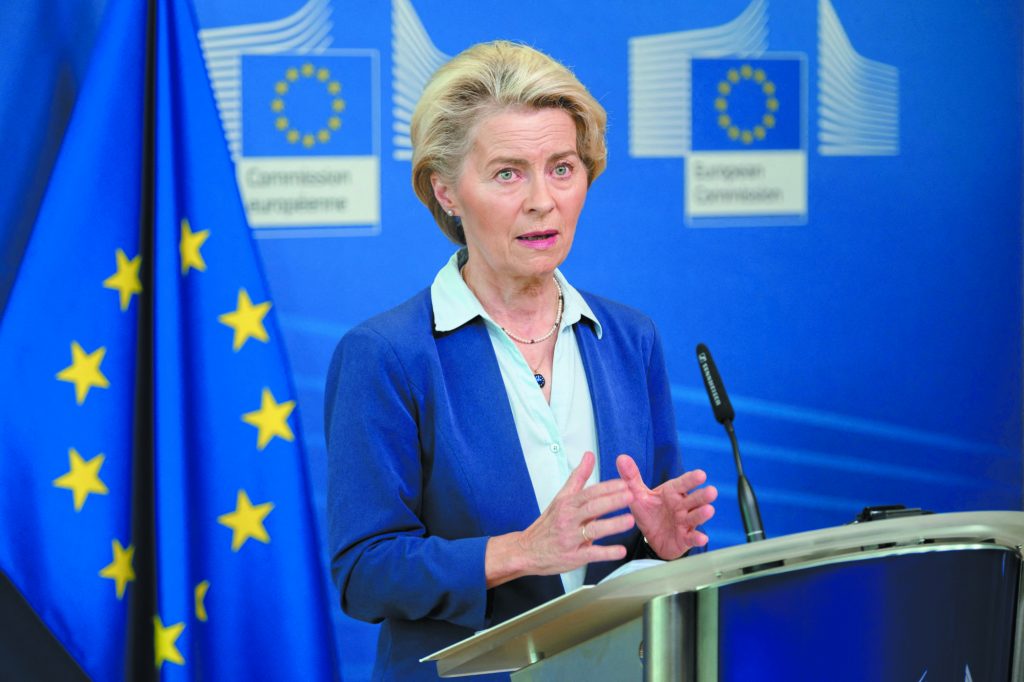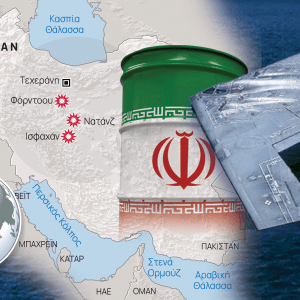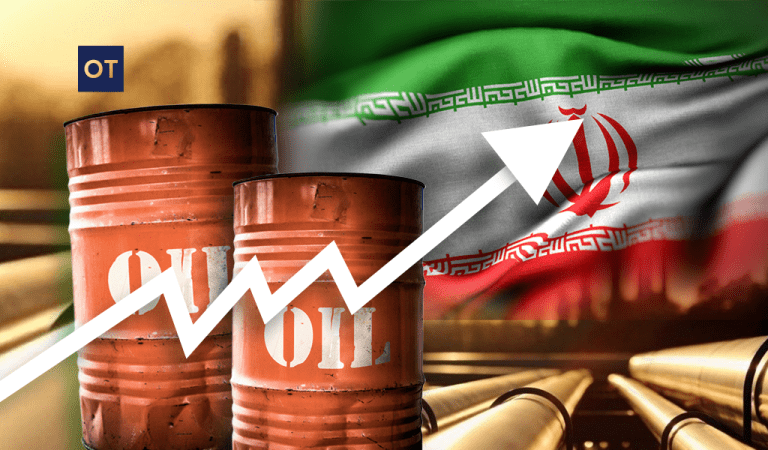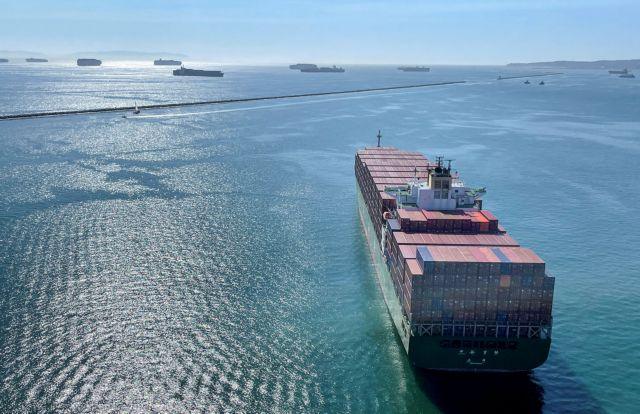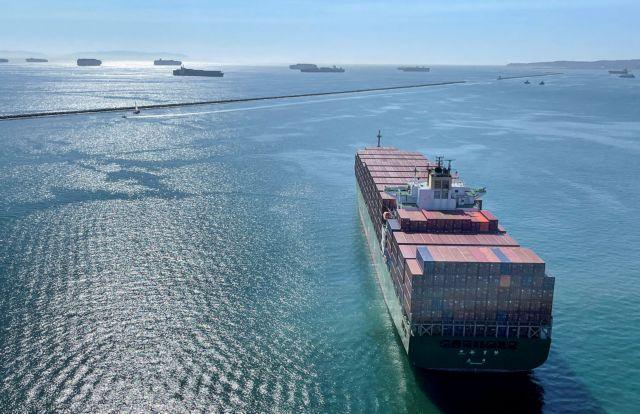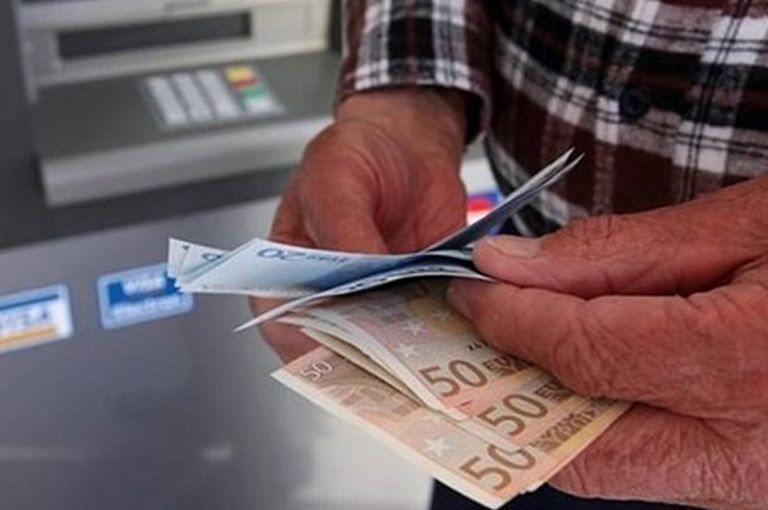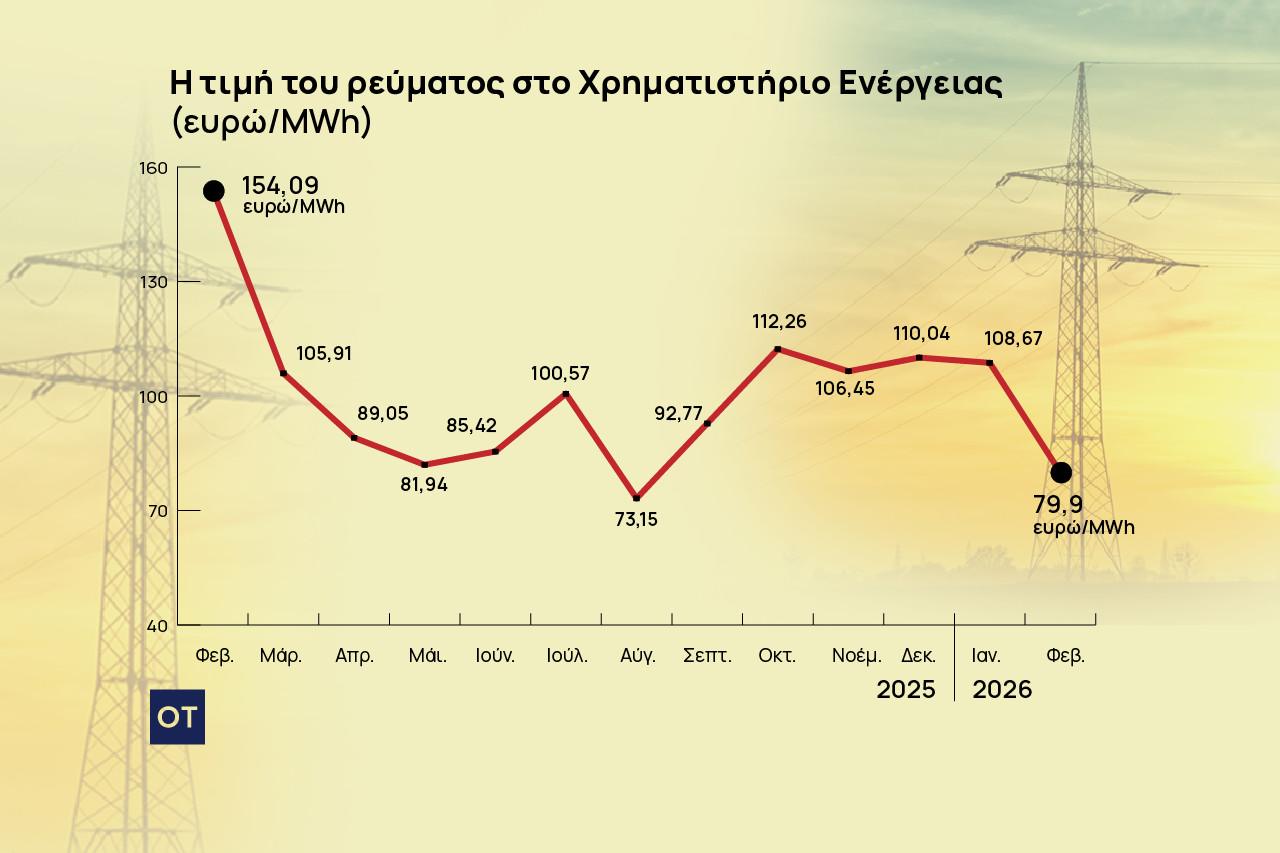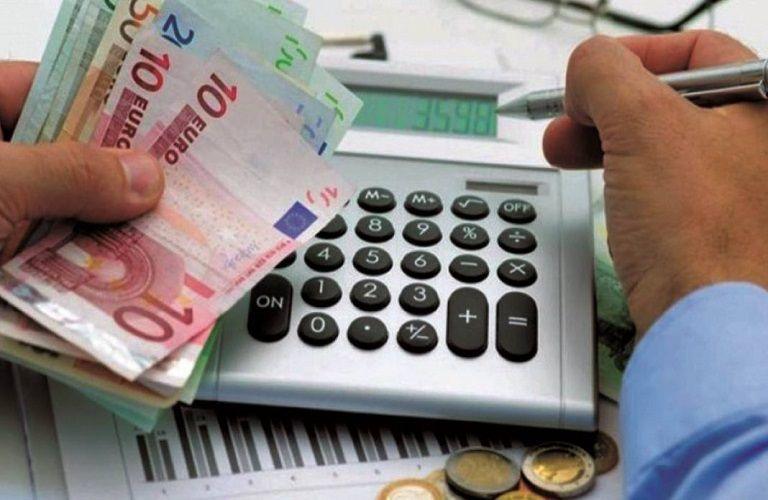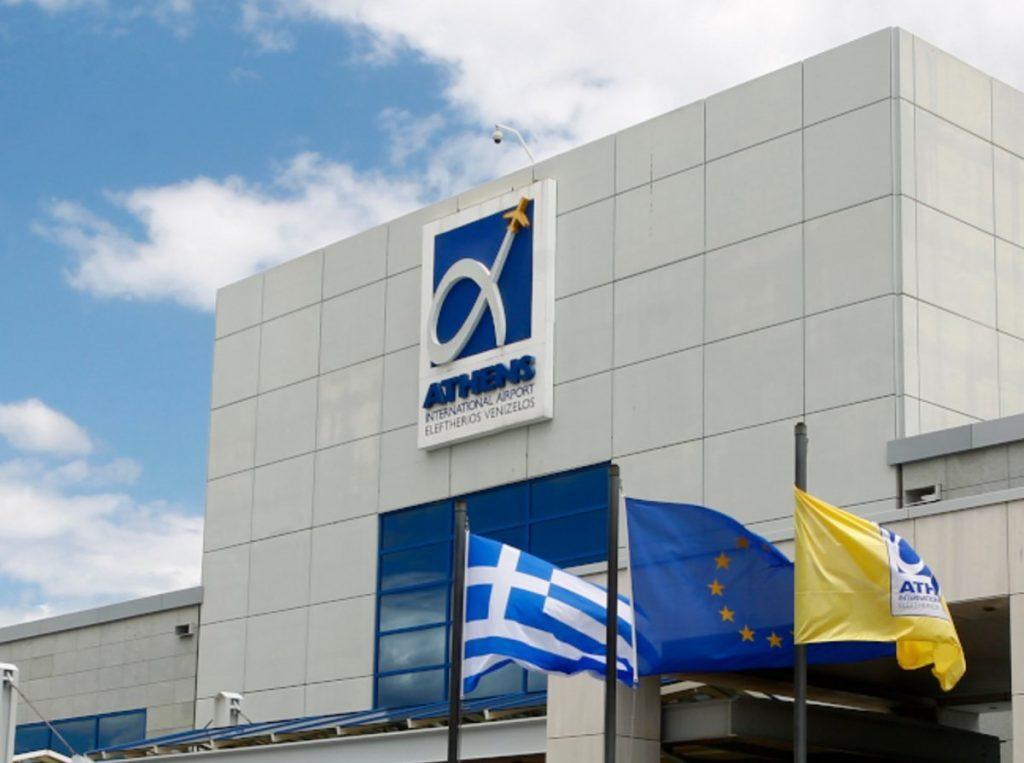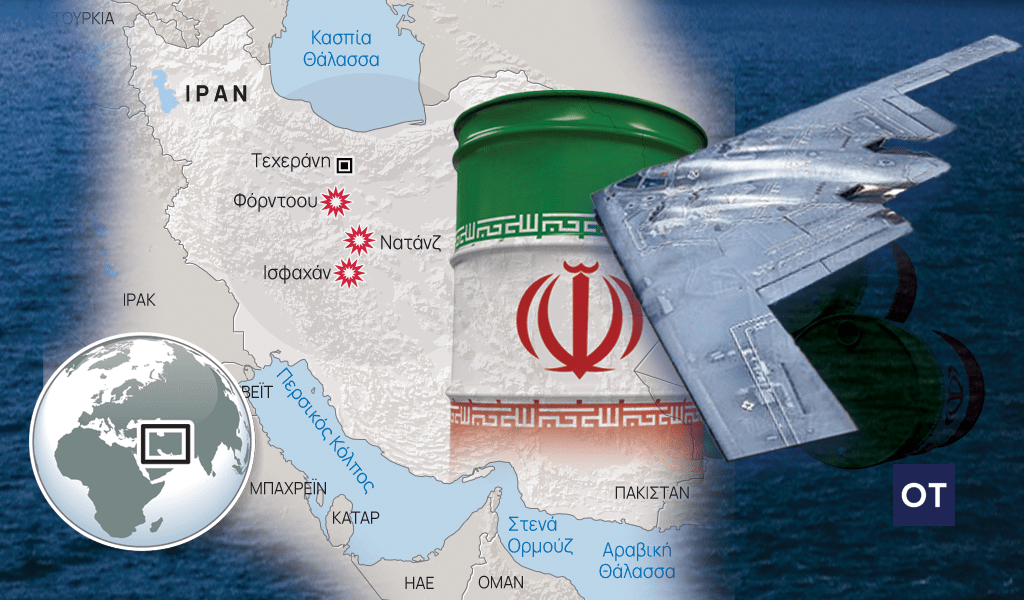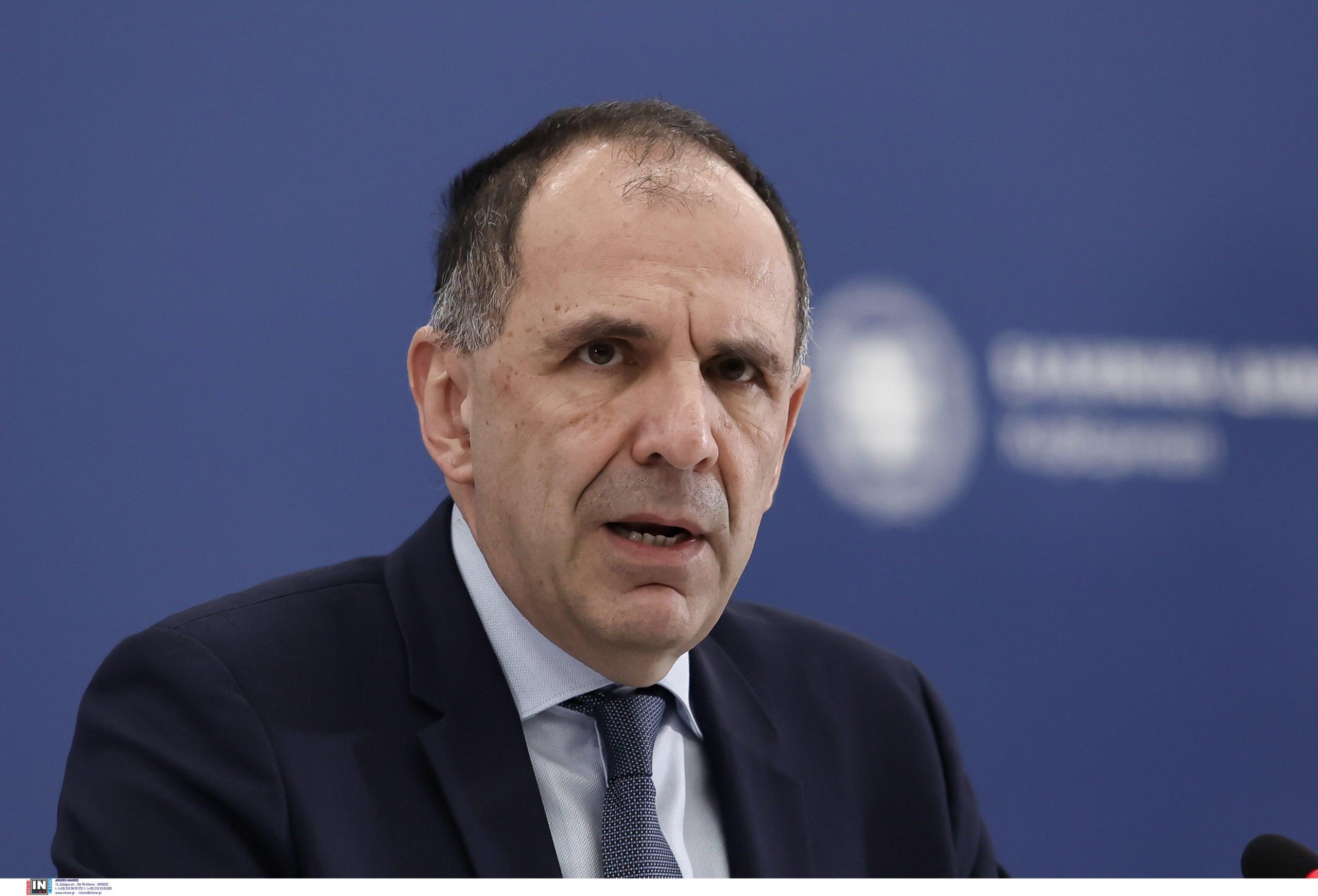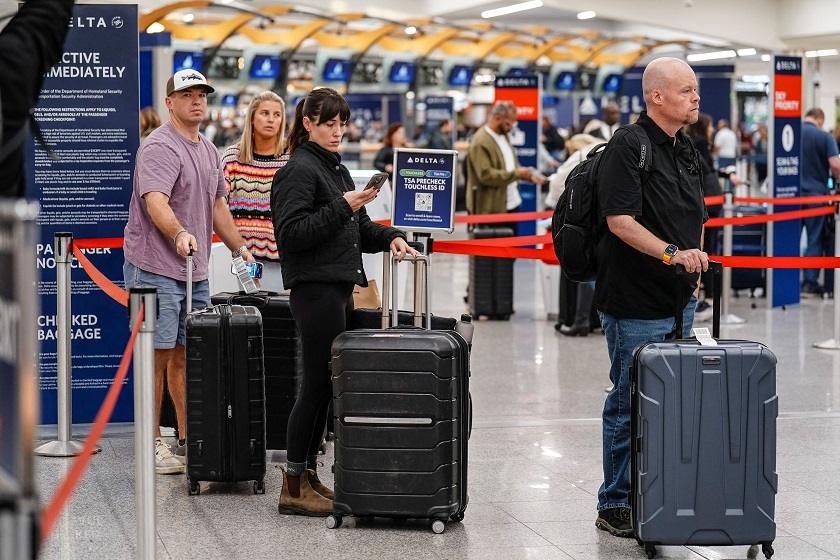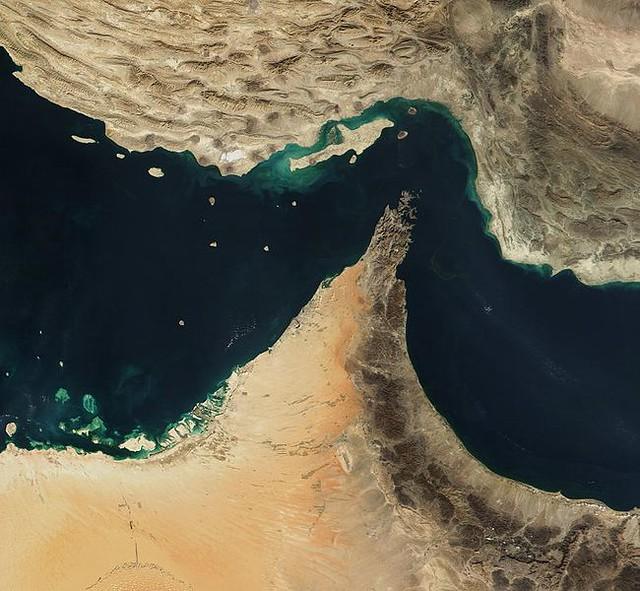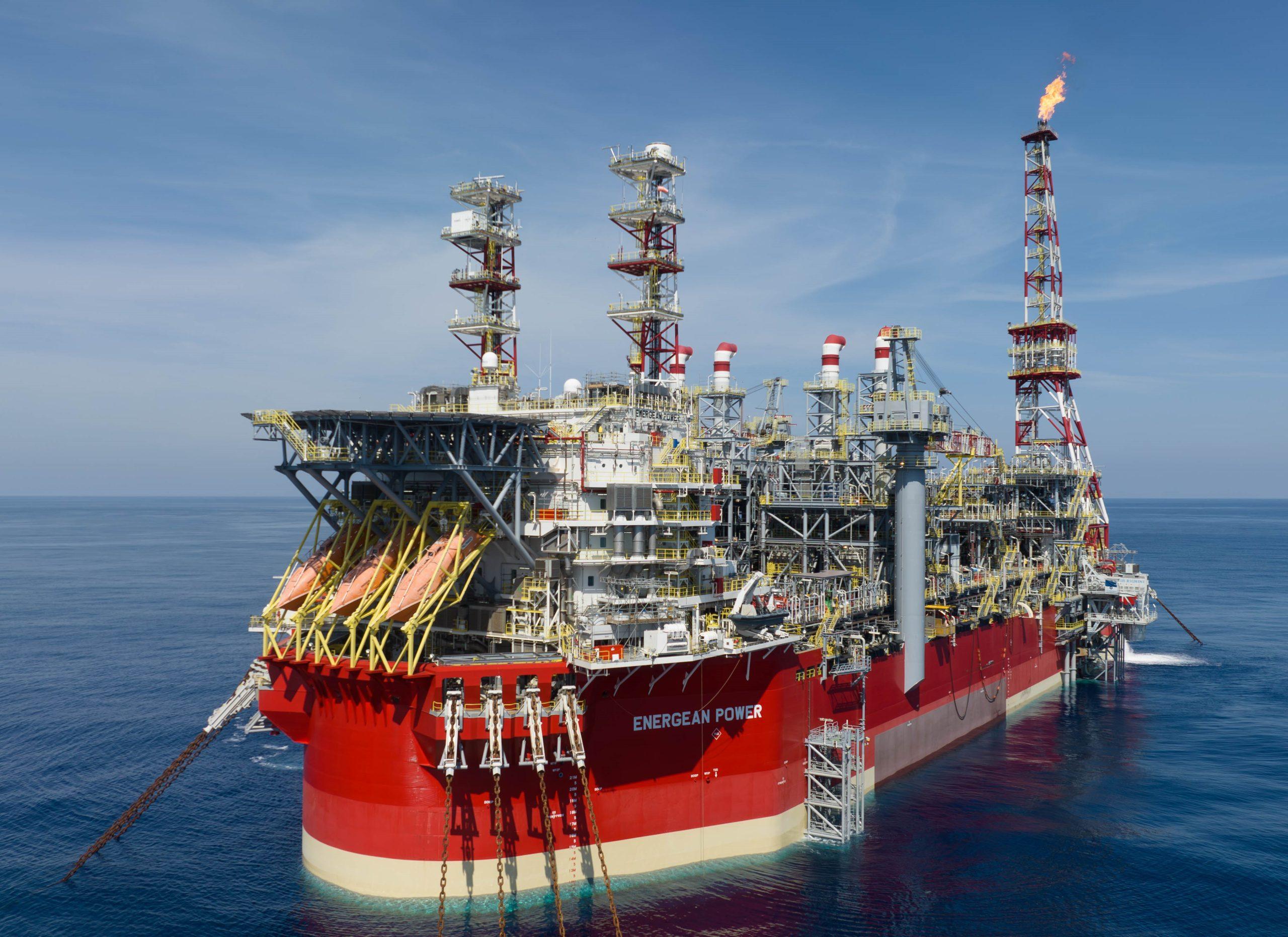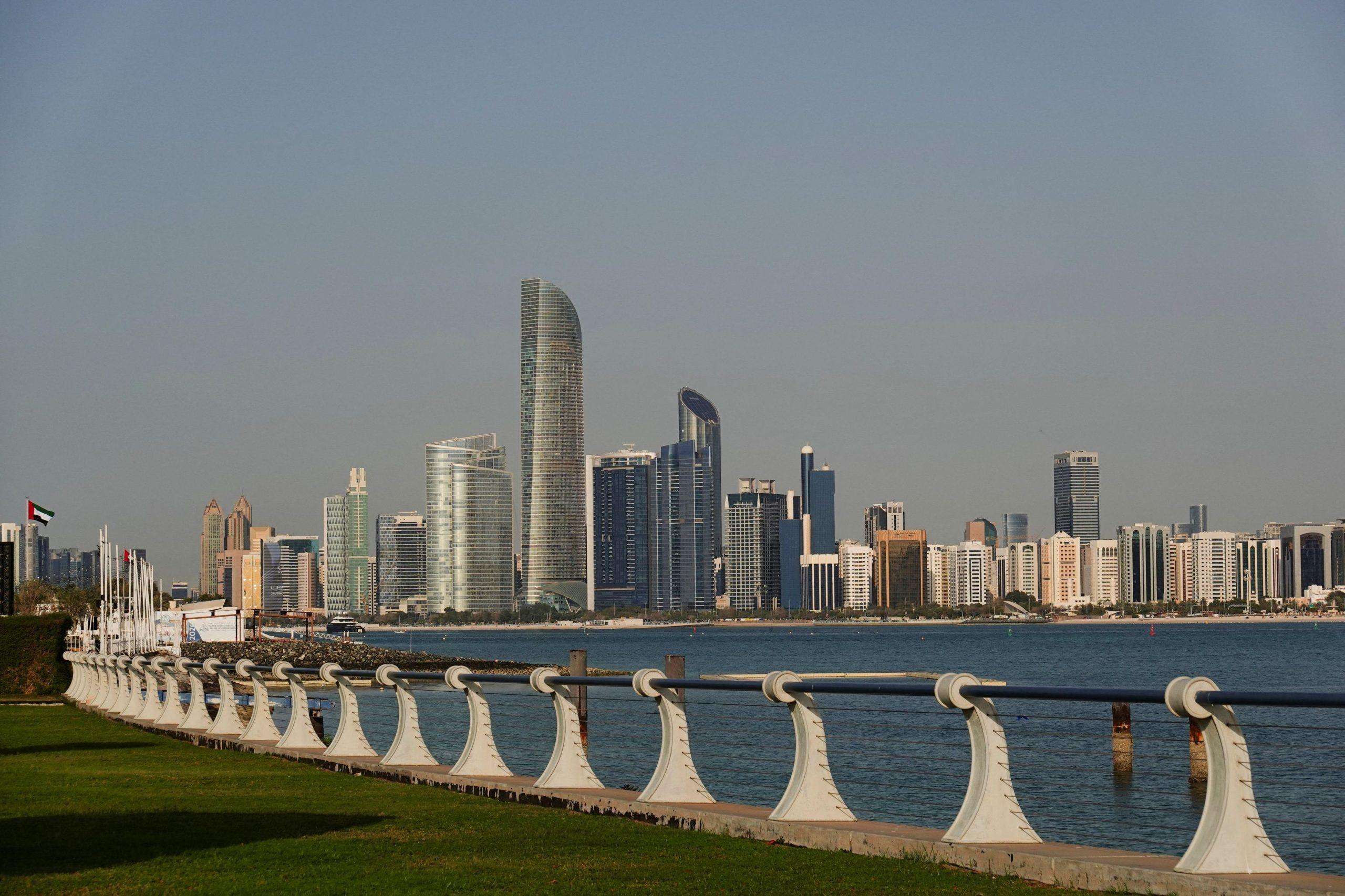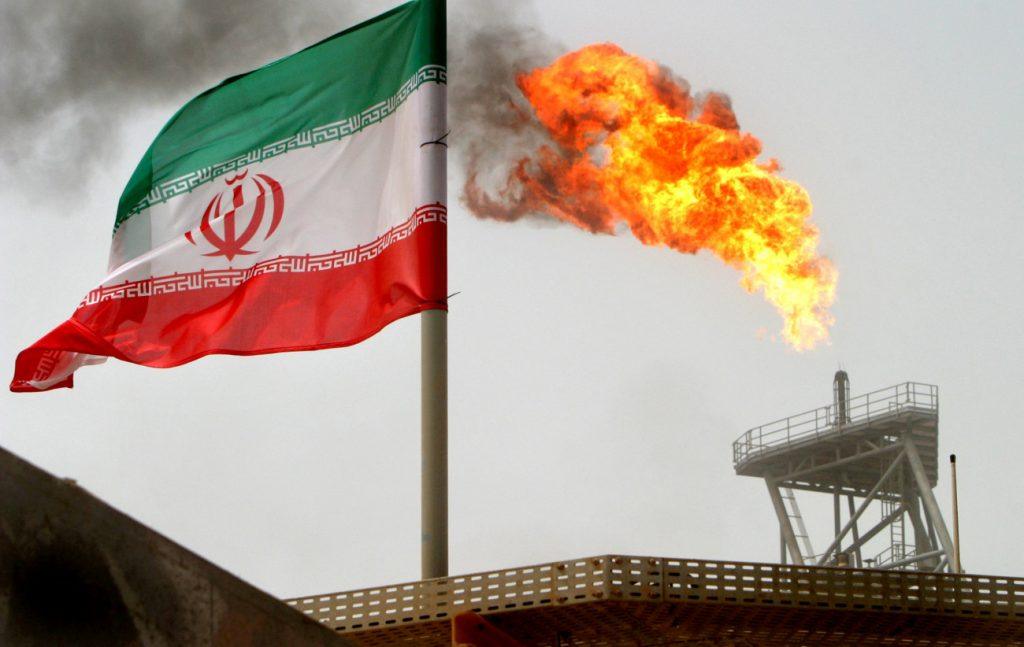Greece produces only a fraction of the beef it consumes, covering just 10% of national demand, while the remaining 90% comes from imports, according to figures presented by the Hellenic Livestock Association (SEK).
This heavy reliance on foreign markets leaves Greek consumers exposed to international price pressures. Retail beef prices are already rising sharply, with forecasts suggesting they could soon reach €20 per kilo.
Farmers leaving the sector
SEK president Dimitris Moschos described the outlook for cattle farming as “bleak.” In recent years, about 6% of producers—mainly younger farmers—have abandoned livestock farming, leading to an 8% decline in Greek beef production.
Adverse weather has also affected reproduction rates, with nearly 3% fewer calves expected this year, resulting in a projected 10% shortfall in local beef supply.
Climate change and EU policies add pressure
Moschos pointed to climate conditions, including droughts, as well as European Union environmental policies aimed at reducing livestock emissions, as additional factors undermining production.
“Thousands of animals have been slaughtered in Europe in the name of green development,” he said, noting that diseases such as lumpy skin disease and bluetongue are further restricting herds across the continent.
A cooperative’s shrinking herds
The decline is visible at the cooperative level. In Kastoria, the local cattle breeders’ cooperative saw its membership fall from 85 farmers to 70 within three years, while livestock numbers dropped from 7,500 to 4,700—a loss of nearly half the herd.
Policy choices favoring imports
According to Moschos, state policy has worsened the situation by prioritizing subsidies for imported livestock fattened in Greece rather than supporting domestic herds.
“The logic was that as long as beef was available to meet market needs, it didn’t matter if it was Greek or imported,” he said. Farmers argue this approach undermines long-term food security and threatens the survival of local cattle farming.
Source: tovima.com
